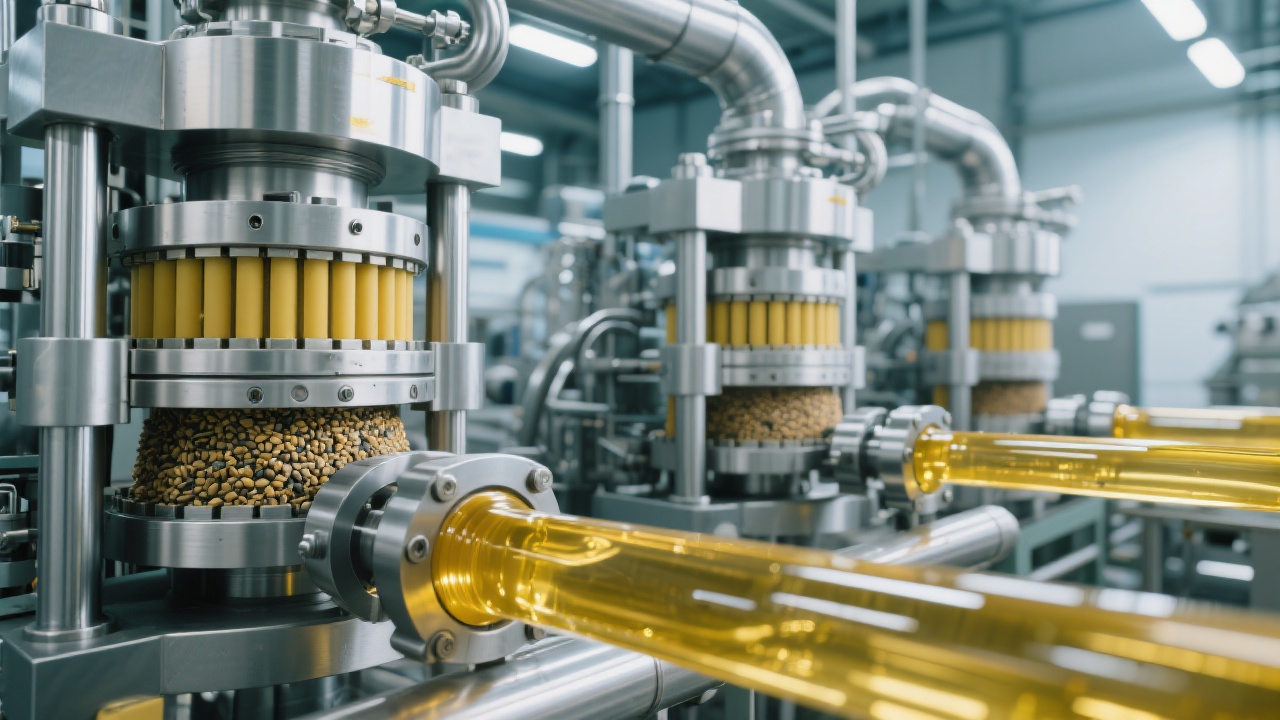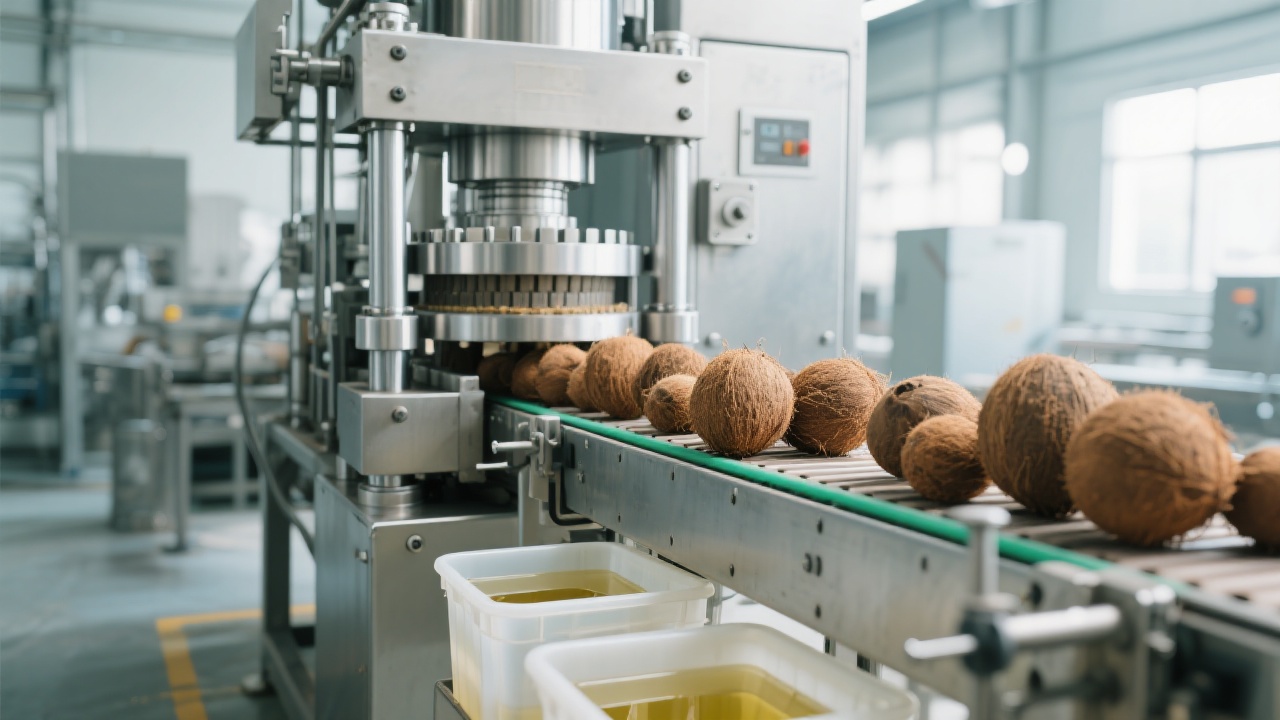
Sunflower oil, prized for its high content of unsaturated fatty acids and vital nutrients such as Vitamin E (tocopherol), poses a technical challenge during production: how to optimize physical pressing methods to ensure maximal retention of these nutrients while maintaining oil yield and quality. Recent advances, guided by experienced industry engineers, have pinpointed temperature control as the critical factor. This article offers an expert, data-driven exploration into how proper thermal management during mechanical pressing enhances Vitamin E preservation, improves oil aroma, and raises the value proposition for small to mid-sized processing plants.
The physical pressing of sunflower seeds primarily involves mechanical expellers which apply pressure and generate heat through friction to extract oil. Unlike chemical solvent extraction, this method retains natural antioxidants but requires careful balance: excessive heat and pressure accelerate Vitamin E degradation, while inadequate processing can reduce oil yield.
Key factors impacting Vitamin E retention include:
| Pressing Temperature (°C) | Vitamin E Retention (%) | Oil Yield (%) |
|---|---|---|
| 45 (Cold Press) | 98 | 28 |
| 60 (Optimal Hot Press) | 90 | 35 |
| 90+ | 65 | 40 |
Data sourced from controlled lab-scale pressing trials indicate a clear trade-off: while pressing at higher temperatures (>90°C) elevates oil yield slightly, Vitamin E retention drops dramatically, underscoring the value of controlled moderate temperatures.
In addition to temperature profiles, the pressing method itself influences nutrient preservation:

One prevalent misconception is that increasing press pressure inexorably raises oil extraction rates. Industry engineers emphasize that excessive pressure creates heat spikes exceeding 90°C, accelerating oxidative breakdown of Vitamin E and lowering overall oil quality. Instead, moderate, consistent pressure combined with temperature monitoring delivers optimal results.
“Strict temperature control during pressing not only preserves vital nutrients but also yields oil with superior aroma and stability, giving processors a tangible market edge.”
– Senior Industry Engineer

Control of residual oil in the pressed cake is critical for efficiency and profitability. Engineers recommend on-site rapid REM (Residual Extraction Method) tests, ideally keeping residual oil below 8%. High residuals generally indicate suboptimal pressing settings — often due to temperature spikes causing equipment inefficiency or seed clogging.
The evolving health-conscious consumer base demands sunflower oils rich in natural antioxidants. By mastering precise temperature control techniques, pressing equipment calibration, and moisture adjustment, producers can ensure that each batch is not only high-yielding but also nutritionally superior. This dual advantage supports premium pricing and brand reputation.
Master this temperature control technique today — make every batch of sunflower oil more nutritious and more competitive in the global market.
Discover Advanced Sunflower Oil Pressing Solutions

